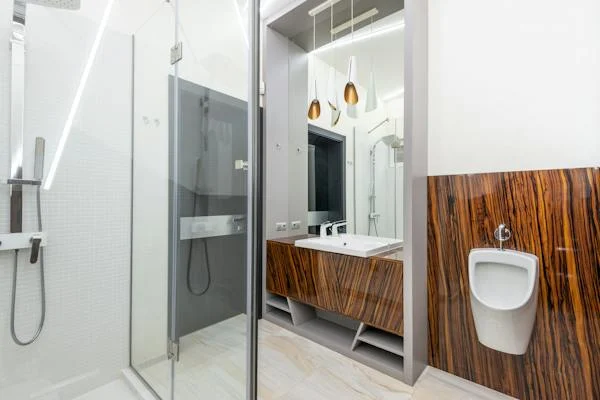In today’s rapidly advancing world of healthcare technology, innovations continue to emerge to address various medical needs. One such innovation gaining prominence is the urinator. This article delves into the significance of urinators in modern healthcare, exploring their functions, applications, and impact on patient care.
The Role of Urinators in Healthcare
Urinators play a crucial role in managing urinary functions for individuals with medical conditions affecting bladder control. These devices are designed to assist patients in emptying their bladders efficiently and hygienically, offering a range of benefits that contribute to improved quality of life.
Understanding Urinators
Urinators come in different forms, including portable electronic devices, external catheters, and disposable urinal bags. Each type serves a specific purpose and caters to the unique needs of patients with varying degrees of mobility and bladder function.
How Urinators Work
Most urinators utilize advanced technology to facilitate urine collection and disposal. Electronic devices often feature sensors and automated mechanisms to detect bladder fullness and initiate the emptying process. External catheters provide a non-invasive solution by directing urine flow away from the body, while disposable urinal bags offer a convenient option for travel or temporary use.
Applications of Urinators in Healthcare
Urinary incontinence is a common condition affecting millions of people worldwide. Urinators offer a practical solution for managing this condition by providing a discreet and efficient means of emptying the bladder, thus minimizing accidents and discomfort.
Rehabilitation and Mobility Support
Patients recovering from surgery or dealing with mobility issues may face challenges in accessing restroom facilities. Urinators offer a convenient alternative, allowing patients to maintain bladder control and dignity while confined to bed or limited in movement.
Long-term Care Facilities
In settings such as nursing homes or assisted living facilities, urinators play a vital role in ensuring the comfort and well-being of residents. These devices streamline the process of urinary management for caregivers and provide residents with greater independence and autonomy.
Conclusion
Urinator represent a significant advancement in healthcare technology, offering practical solutions for managing urinary functions and improving patient outcomes. From assisting individuals with urinary incontinence to facilitating rehabilitation and enhancing quality of life in long-term care settings, the applications of urinators are diverse and far-reaching. As technology continues to evolve, urinators will undoubtedly remain an indispensable tool in modern healthcare, providing comfort, convenience, and dignity to patients worldwide.









